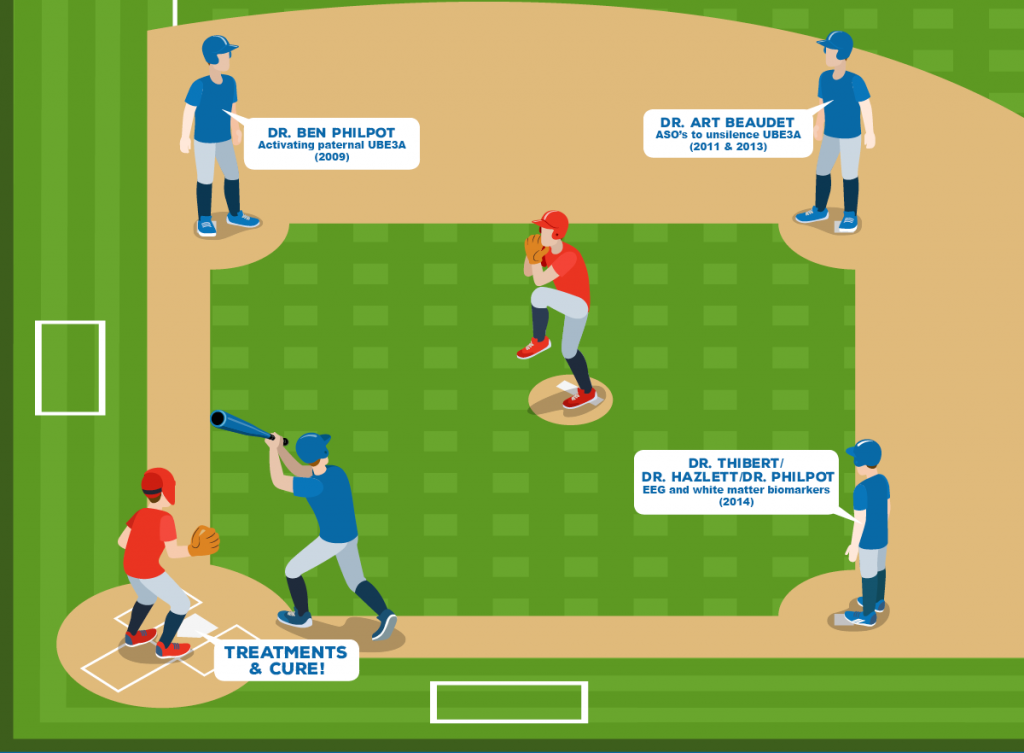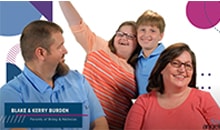Twice a year, scientists, clinicians and educators from all over the world, bring their creative project ideas to the ASF in the form of grant proposals. These proposals are reviewed by the ASF Scientific Advisory Committee.
How do they select the projects and scientists we fund? Here is an explanation by Stormy Chamberlain, PhD (past ASF Scientific Advisory Chair):
ASF Research Funding Approach
There are three types of research projects that the ASF SAC is interested in:
- High-risk, high-reward strategies to find a cure (topoisomerase inhibitors, ASOs, gene therapy, CRISPR).
- Clinical studies to alleviate symptoms (i.e. seizures, anxiety-like behaviors, sleep issues, myoclonus (tremors), etc…) and improve quality of life (i.e. effective communication strategies, recognition of cortical visual impairment, caregiver stress).
- Studies that help us learn about UBE3A and what it does in the brain. Incremental studies enable the next big leaps. Thus, we’ve funded strategies to find UBE3A targets, to understand its gene and protein regulation, and to understand the structure of the protein. Four base hits also leads to a run scored.
How to Fund
We choose to grant pilot funding. All of the above priorities are important to us, and we don’t want to bet our whole game on our home runs (i.e high-risk, high-reward studies). So, to allow us to take some risks, but also place some sure bets, our individual grants are up to $100K per year for two years. However, the SAC looks for opportunities to leverage our money.
For many studies, two years and $100K isn’t enough. Selecting the best proposals means our initial investment will lead to more funding from National Institutes of Health (NIH), Simons Foundation and pharmaceutical companies. Over the past years, our initial investments have yielded ~$17 for AS research (from NIH alone) for every dollar invested by ASF.
One example of this, is funding $200,000 to Mark Zylka’s CRISPR Cas9 project in 2016. In 2019, the NIH awarded $2.8 million to Dr. Zylka to continue the project.
Peer Review
The ASF SAC has a rigorous peer review process for all submitted proposals. Many scientists get rejection letters and have to revise their approach or get more data and then resubmit their proposal.
A lot of time and effort goes into picking projects that are likely to lead to important knowledge and more funding for AS research. The best projects are those likely to lead to a cure and those that are likely to provide the biggest impact on the daily life of individuals with AS.






